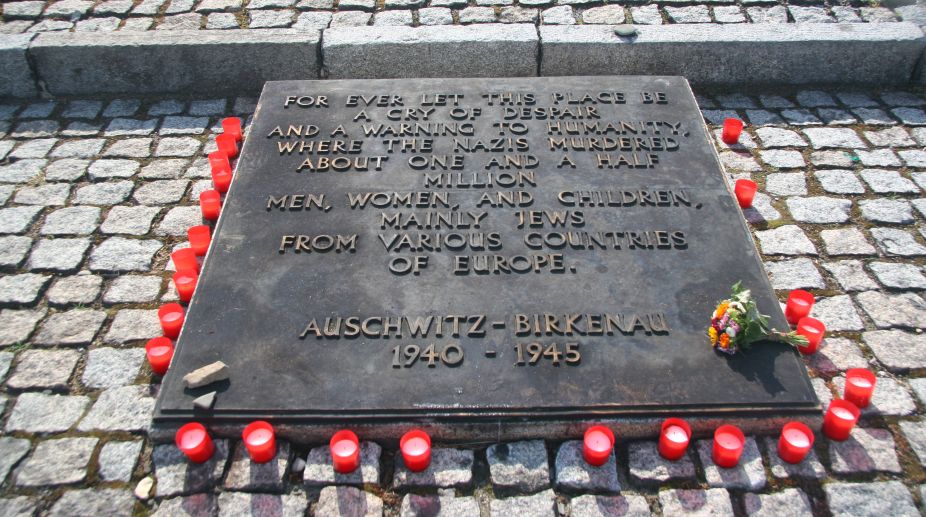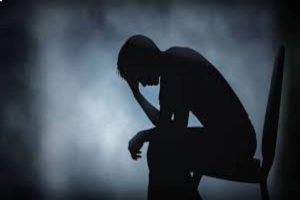Some 60 Holocaust survivors returned to Auschwitz, the former Nazi concentration camp in Poland, on Friday to attend a ceremony marking the 72nd anniversary of its liberation.
On this day in 1945, Red Army soldiers from the Soviet Union opened the gates of the Auschwitz-Birkenau camp where some 7,000 mainly Jewish prisoners were trapped, already abandoned by the Nazi soldiers who were retreating to Germany, Efe news reported.
Advertisement
Friday's ceremony was presided over by Polish Prime Minister Beata Szydlo and attended by several international delegations, among them from Russia and Israel.
The motto of this year's commemoration at the Auschwitz museum-memorial was "Time", symbolised by a watch found during the 1967 excavations of the site that had been stored away along with 16,000 other artefacts.
These artefacts were to be displayed at the "Archaeology" exhibition at the camp's museum.
"Time inevitably brings us further away from the history of Auschwitz and memory acts as our fight against the passage of time," said the director of the Auschwitz museum Piotr Cywinski.
To this end, Cywinski said it was important that future generations be aware of the dangers of populism, xenophobia, anti-semitism and radical nationalism.
Presenting a blue and white wreath, matching the colours of the prisoner's uniforms in the camps, a group of survivors stood and paid homage at the Death Wall — a stone-clad courtyard backdrop against which prisoners would be shot by the Nazi guards.
Some of the men commemorating the 72nd anniversary of their liberation wore the blue and white hats they were given during their time in the camp.
Former prisoners were also shown around the newly-opened exhibition, where glass cabinets displayed everyday objects such as spoons, cooking utensils and bottles excavated on the site.
Above the entrance to the camp, the wrought iron lettering of "Arbeit Macht Frei" (work sets you free) offers museum visitors a reminder of the site's original purpose.
Upon discovering the camp, the Red Army soldiers found piles of human corpses, hair and belongings.
Of the six million people killed during the Holocaust, some 1.1 million are estimated to have lost their lives in Auschwitz.
Although Jews represent the majority of Holocaust victims, Poles, Communists, LGBT people and gypsies were also exterminated at the camp.











